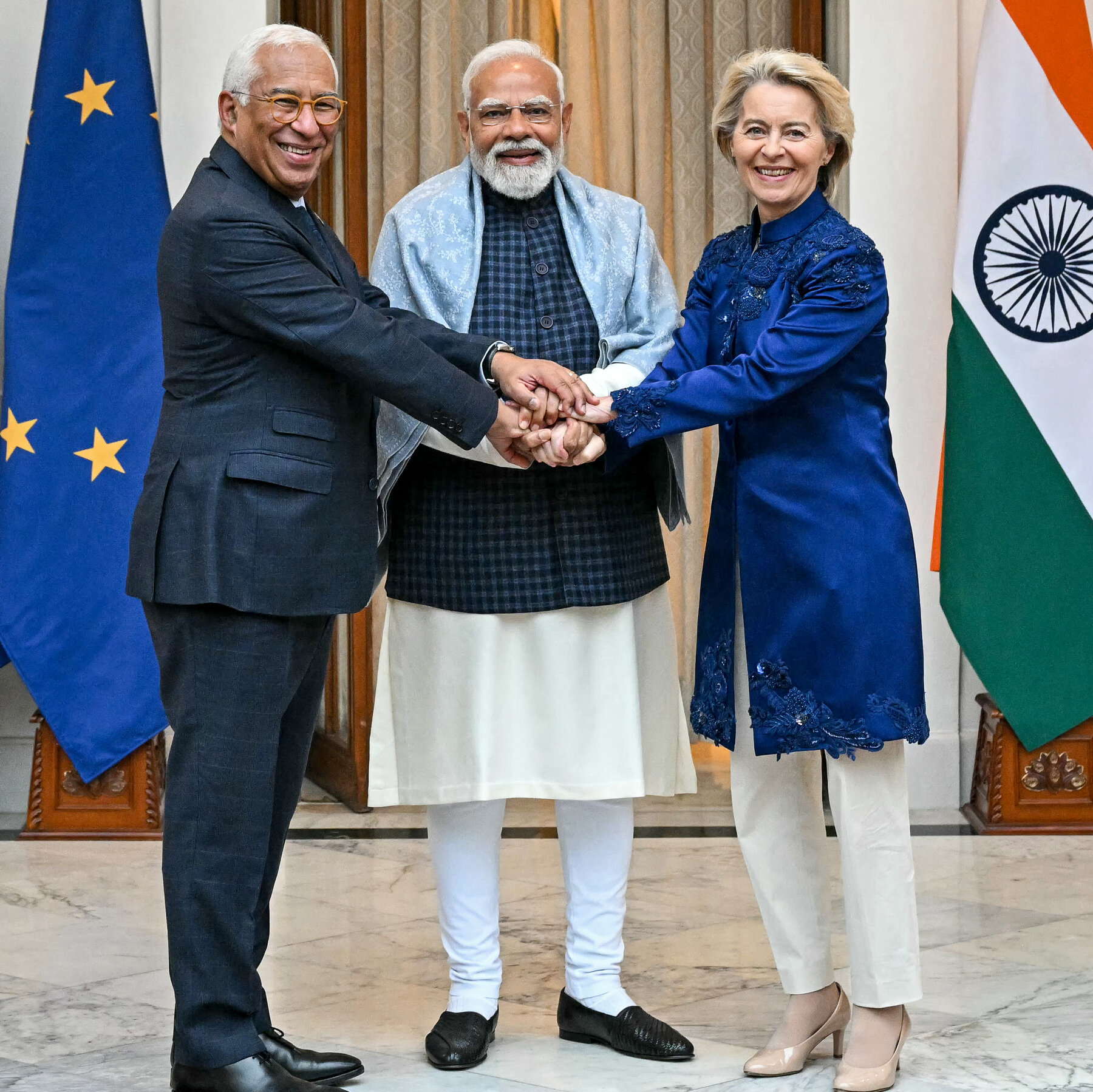
For weeks, Israel and Syria have engaged in secret back-channel talks, searching for a diplomatic resolution to decades of tensions, mainly over territory captured by Israel from Syria during the Arab-Israeli war of 1967.
The Israeli news media has been awash with optimistic predictions of a limited non-aggression pact, or even a landmark peace deal between the Jewish state and the former jihadists who seized control of Damascus last December.
Israel’s brazen strikes this week on Syrian government forces and infrastructure, including in the capital, Damascus, have highlighted the premature nature of such expectations in such a fluid geopolitical context. It has also exemplified how Israel, still traumatized by the surprise of Hamas’s attack in October 2023 but buoyed by its more recent successes against Hezbollah and Iran, is now more likely to use force to pre-emptively address perceived threats — even if it derails diplomatic efforts to achieve the same goal.
“It seems very discordant,” said Itamar Rabinovich, an Israeli historian of Syria who led Israel’s negotiations with Syria during the 1990s. “It runs against the effort to negotiate.”
The strikes reflect Israel’s post-2023 military doctrine, which combines, Mr. Rabinovich said, “a very strange mixture of paranoia following Oct. 7 and a sense of power following the success in Lebanon and in Iran. And the result is this preference for using force rather than diplomacy.”
The specific spur for Israel’s actions this week was the Syrian government’s deployment of forces to southwest Syria to contain fighting between Bedouin tribesmen and Syria’s Druse minority. Though much of Syria’s arsenal was decimated by scores of Israeli strikes last winter and years of civil war, the Syrian government was able to send a column of outdated tanks and troops in pickup trucks.

For Israelis, that posed two challenges. The first was a perceived security threat in southwest Syria, where Israel wants to prevent the buildup of potentially hostile forces, including Islamist former rebels in the Syrian military. The second: domestic unrest among members of Israel’s own small but influential Druse community, who held protests, blocked roads and in some cases forced their way into Syria after reports, unconfirmed by The New York Times, of extrajudicial killings there.
Benjamin Netanyahu, the Israeli prime minister, has demanded for months that southern Syria “must remain a demilitarized zone,” said Carmit Valensi, an Israeli expert on Israel-Syrian affairs at the Institute for National Security Studies, a research group in Tel Aviv. “So, when Syrian tanks began advancing into the area, Israel acted not only to defend the Druse but also to enforce its demand to keep the region demilitarized,” she added.
For now, it is unclear how committed Israel is to a prolonged military campaign in southern Syria, or if its strikes were mainly a short-term attempt to quell the fury of Israeli Druse. Roughly 150,000 Druse live under Israeli governance, including some 20,000 in the Golan Heights, which Israel captured from Syria during the Arab-Israeli war of 1967 and later annexed. Unlike other Arab groups in Israel, the Druse usually serve in the Israeli military. Some of them have reached the rank of general and others died in combat during the Gaza war.

That has helped to forge a bond between Jewish and Druse citizens of Israel, even after a contentious law passed in 2018 angered many Druse because it undermined their status within the Jewish state.
Rafik Halabi, the mayor of Daliyat al-Karmel, one of the biggest Druse towns in Israel, said the Druse protests had put pressure on the Israeli government to act, particularly after roughly 1,000 Israeli Druse men reportedly crossed into Syrian territory. But Mr. Halabi said he remains unconvinced that the government wants to repeatedly intervene, particularly after meeting and speaking in recent days with Israeli generals and political leaders, including Mr. Netanyahu.
“Does Israel really want to interfere in the Syrian situation? I am not sure,” Mr. Halabi said in a phone interview. “As far as I could understand, they want to be in, and at the same time they want to be out.”







-3.png)



